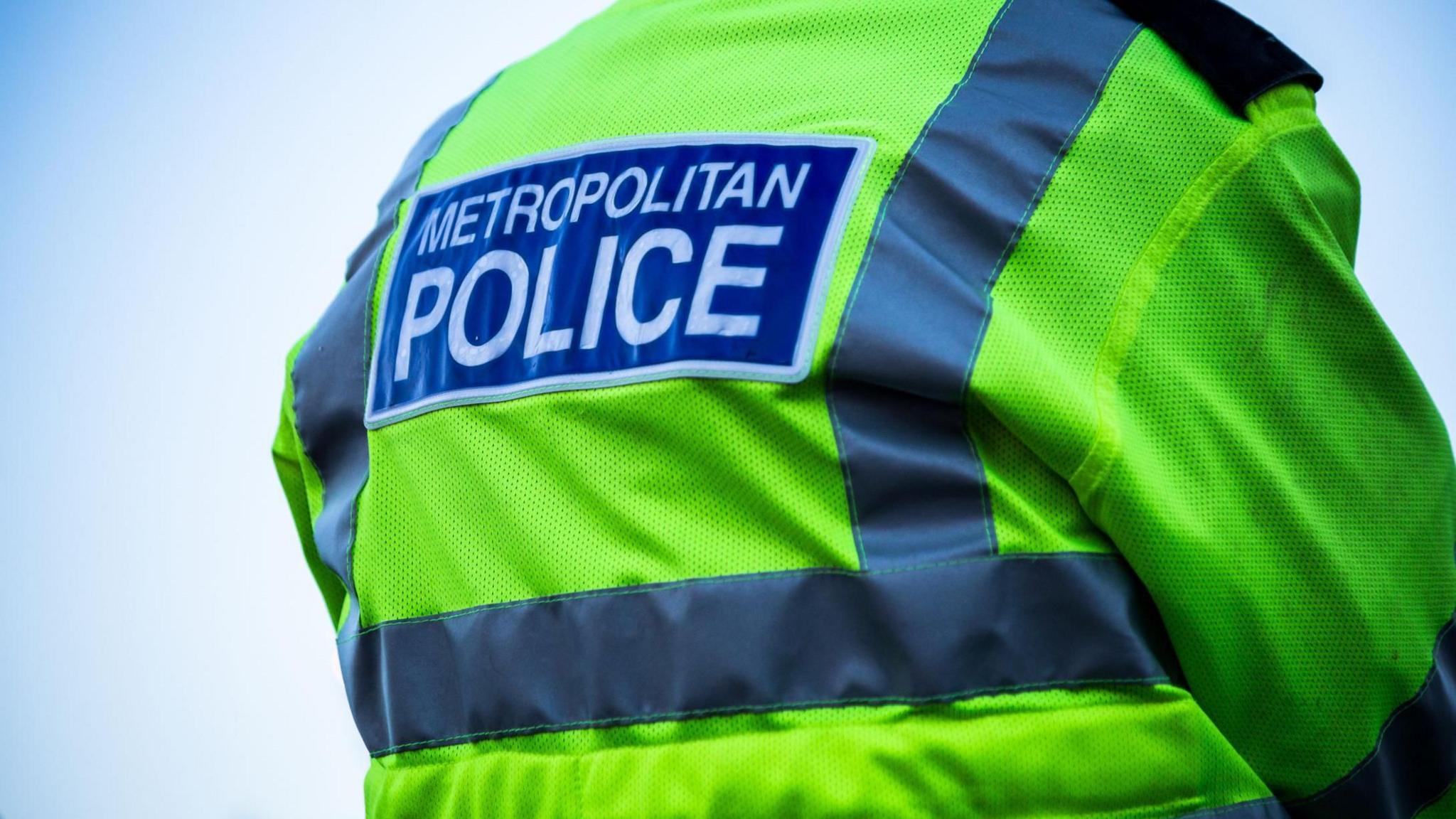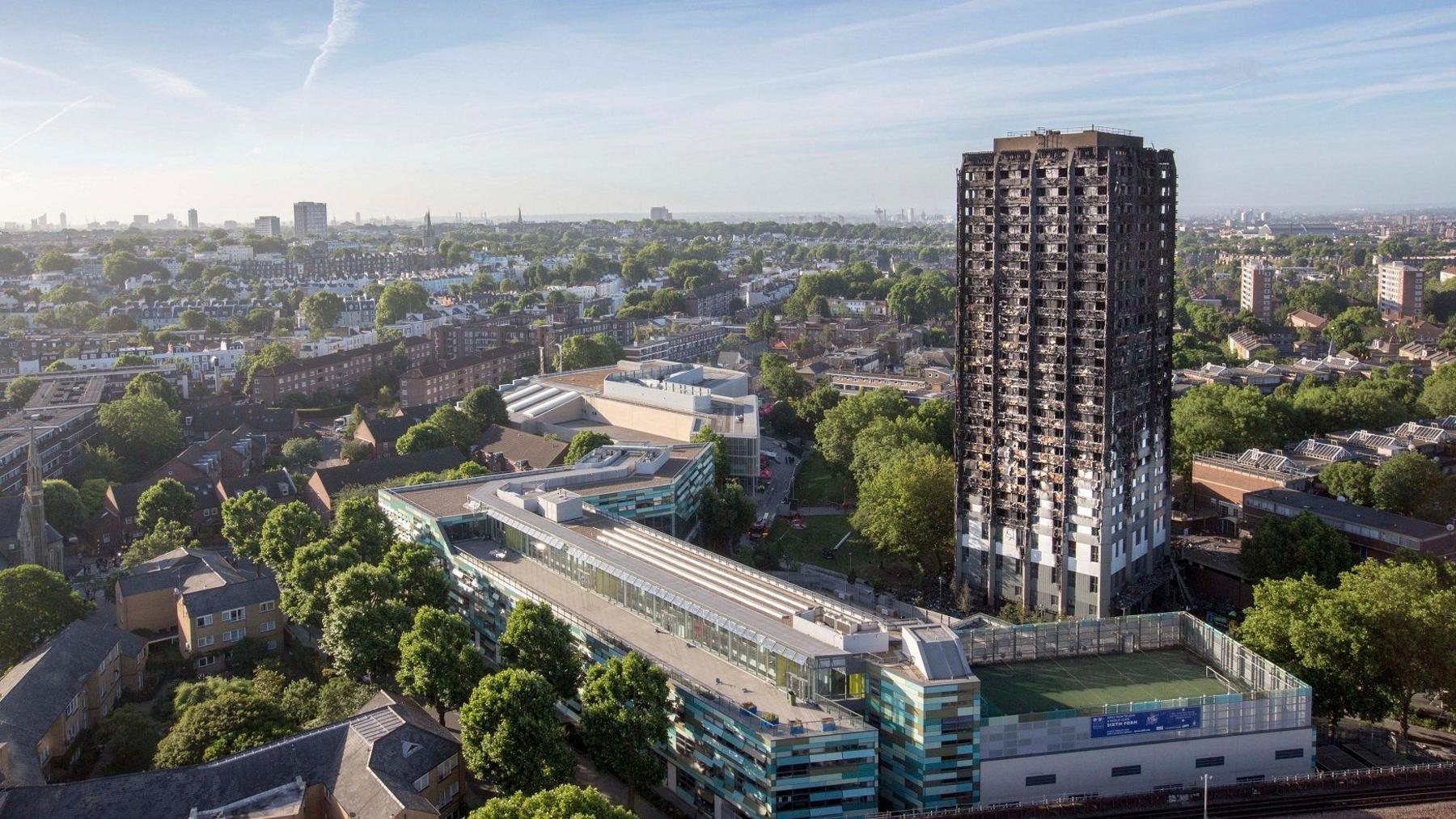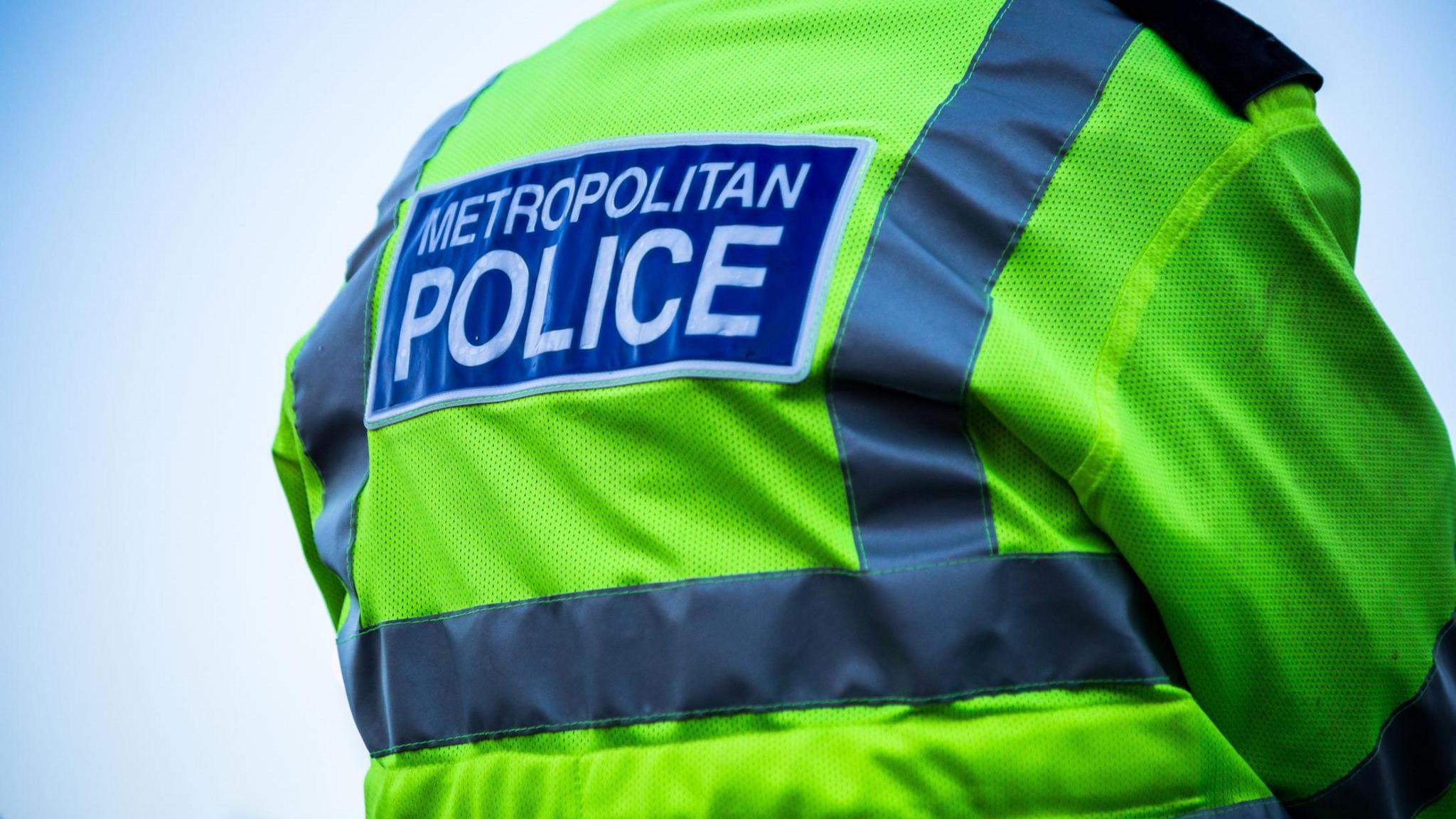Police contributed to officer's death, says coroner

The Metropolitan Police said it was "a matter of deep regret" that Sgt Nicola took her life and did not feel supported enough at work
- Published
A Metropolitan Police took her own life after the actions of her employer made her mental health worse, an inquest has found.
Sgt Nicola Forster, 45, suffered post-traumatic stress disorder (PTSD) after attending the Grenfell Tower fire and was found dead at her home in Biggleswade, Bedfordshire, in September 2022.
Concluding the inquest, coroner Emma Whitting said line management decisions had contributed to "a further significant deterioration" in Ms Forster's mental health.
The Metropolitan Police Service (MPS) said it would “carefully work through the coroner’s findings to learn any lessons as an organisation.”
Central Bedfordshire Coroner’s Court was previously told Ms Forster believed her line manager, Met Police Insp Hayley Webb, was "out to get her" and had failed to act on requests for an occupational health referral.
Two former colleagues both accused Ms Webb of bullying and showing a lack of support and empathy for staff.
Ms Forster's mental health declined from autumn 2021, when she found herself under increasing pressure at work and had lost access to counselling, the inquest heard.
An occupational health referral was discussed with Ms Webb in November 2021, but was not progressed until May 2022, when she was also issued with informal management action.

Ms Forster developed PTSD in 2017 after the Grenfell Tower fire
Giving her findings, Ms Whitting said the MPS “knew or could have discovered” that her PTSD was work-related.
"It is clear to the court that the MPS were aware of Nikki's mental health history and vulnerabilities," she said.
"Following Nikki's decline in her mental health, there were opportunities for Nikki to have been referred at an earlier stage for support and counselling.”
She said that line management decisions - supported by senior leaders - were "at the expense of Nikki's personal and occupational welfare which contributed to a further significant deterioration in her mental health and, ultimately, to her death."
The coroner added the worsening of Ms Forster's mental health was "exacerbated" by the actions of her employer.
During an absence review on July 20 2022, Ms Forster, who was originally from Stockton, told a welfare officer that receiving a "not performing" grade on her recent performance review had "tipped her over the edge", the court heard.
Ms Forster had been signed off from work approximately three months before her death, and had medication prescribed by her GP.
Ms Webb told the senior leadership team on 6 September 2022 that Ms Forster's PTSD was not work-related and "should not attract favourable discretion", and her pay should not be extended as a result, the inquest heard.
'Deep regret'
The night before she died, Ms Forster told her partner Amy Popple that she was struggling to sleep.
She was found dead in her home by Dr Popple on 28 September 2022.
Clare Davies, chief people and resources for the Met Police, said:
“Our thoughts remain with the family and friends of Sergeant Nicola Forster. We are truly saddened by the loss of a colleague, and in such tragic circumstances.
“It is a matter of deep regret that Nicola took her life and didn’t feel well enough supported through the range of support the Met had been providing in the months leading up to Nicola’s death."
Ms Davies said the force had been "investing heavily to improve officer and staff wellbeing" including better trauma support, more access to counsellors, and new leadership development programmes.
“We will now carefully work through the coroner’s findings to learn any lessons as an organisation," she added.
Follow Beds, Herts and Bucks news on Facebook, external, Instagram, external and X, external. Got a story? Email eastofenglandnews@bbc.co.uk, external or WhatsApp us on 0800 169 1830
Related topics
- Published16 May 2024
